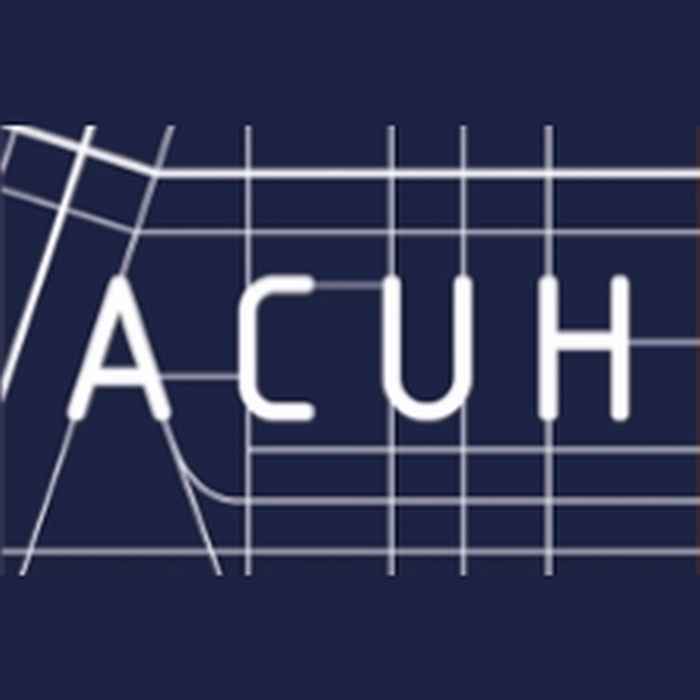Poor Neighbours, Good Neighbours? The Impact of Spatial Segregation on Social Relations in the City: The Case of 18th-century Bruges
ACUH seminar with Heidi Deneweth & Wouter Ryckbosch
- Date
- 19 May 2022
- Time
- 15:30 -16:30

The spatial analysis of economic inequality in urban contexts has allowed for new insights into trends of segregation and neighbourhood transformation in the early modern city. However, if we want to assess social relations between people of different social standing, spatial proximity often serves as a convenient – but rarely studied – shorthand for social interaction. Did people of different social backgrounds living in the same street frequently interact, or did their social interactions cluster among neighbours of equal status? And were neighbourly relations more intense and frequent in poorer and more segregated neighbourhoods than in rich ones?
This presentation aims to shed new light on how segregation and gentrification affected everyday social interactions between neighbours in urban areas with different social and economic profiles on the eve of modern urbanisation in the Belgian town of Bruges. In order to do so, we combine a GIS analysis of fiscal data with social interactions detailed in witness statements before the local criminal court.
Heidi Deneweth is a postdoctoral fellow at research team HOST (Historical Research into Urban Transformation Processes) at the Vrije Universiteit Brussel. She has worked on construction, neighbourhood life and real estate markets. Her current research focuses on urban development, housing and inequality in premodern and 19th-century cities in the Low Countries.
Wouter Ryckbosch is associate professor at the Vrije Universiteit Brussel and director of the HOST research group. He has worked on inequality and social mobility in the early modern period, and has recently focused on changes in social and economic structure in late eighteenth- and early nineteenth-century Belgium.
This is a hybrid event. Those who wish to join us in person are welcome from 15:30 onwards in Bushuis room E1.02; those who would like to attend digitally are requested to register below.